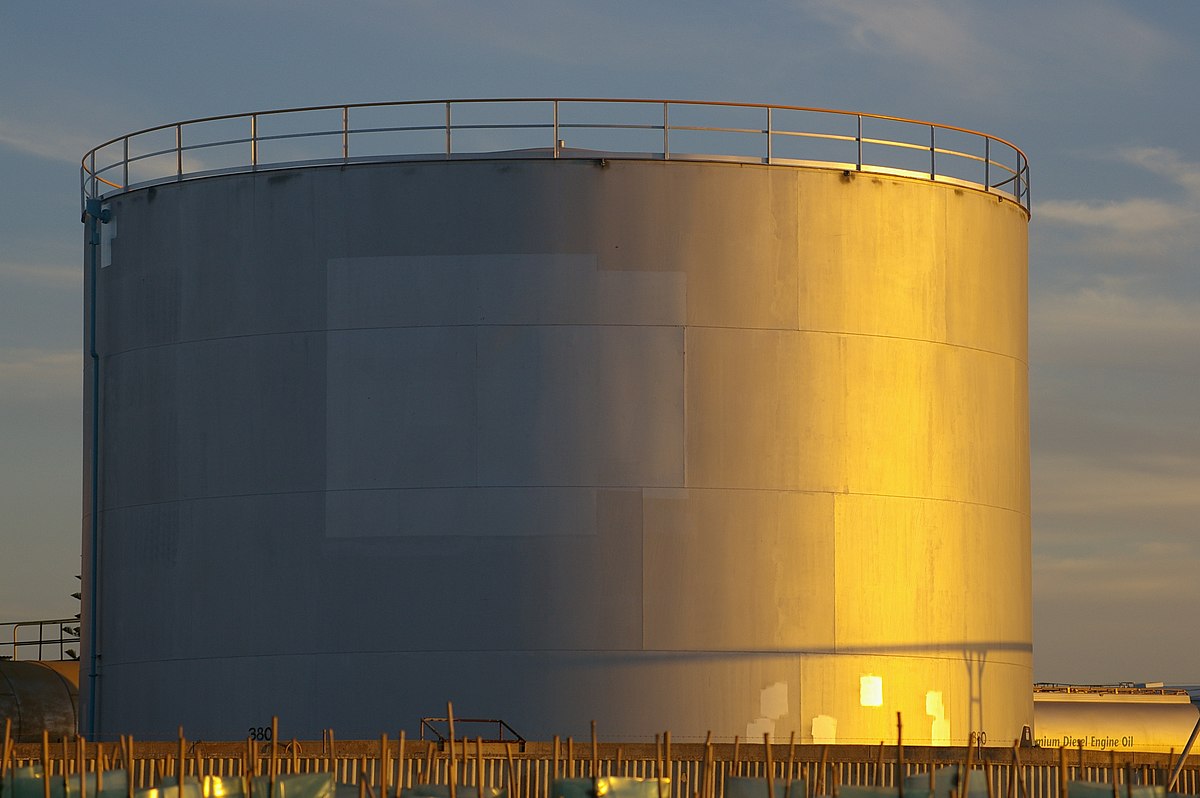
In a world where efficient liquid storage is paramount, selecting the right water tank is a decision that significantly impacts water availability and quality. This article explores the types, advantages, applications, and considerations for modern water tanks, guiding you towards choosing the perfect liquid storage solution for your specific needs. For expert advice on liquid storage solutions and choosing the right water tank for your needs, visit https://www.sunrisespecialty.com/selecting-the-right-well-water-tank-for-your-home.
Efficient liquid storage is crucial for a sustainable and reliable water supply. Whether for residential, commercial, or agricultural use, the choice of a water tank plays a pivotal role in meeting water demands. In this article, we’ll delve into the intricacies of choosing the right water tank, considering factors such as types, advantages, applications, size, installation, maintenance, costs, environmental impact, and the latest technological innovations.
Understanding Your Requirements
Assessing Water Usage Patterns
Before choosing a water tank, it’s essential to understand your water usage patterns. Evaluate daily water needs, peak usage times, and any specific requirements unique to your situation.
Identifying Specific Needs
Different sectors have distinct water storage requirements. Residential users may prioritize smaller, aesthetically pleasing tanks, while commercial and agricultural users may need larger, more robust solutions. Identifying your specific needs is the first step towards making an informed decision.
Types of Water Tanks
Stainless Steel Tanks
Known for their durability and corrosion resistance, stainless steel tanks are suitable for various applications. They are favored in industrial and commercial settings where water purity is crucial.
Polyethylene Tanks
Lightweight and resistant to chemicals, polyethylene tanks are versatile and well-suited for residential and agricultural use. Their durability and ease of transport make them a popular choice.
Fiberglass Tanks
Fiberglass tanks offer strength and corrosion resistance, making them ideal for underground storage. They are commonly used in areas with challenging environmental conditions.
Concrete Tanks
Sturdy and long-lasting, concrete tanks are a traditional yet reliable choice for large-scale water storage, particularly in agricultural settings.
Advantages of Modern Water Tanks
Durability and Longevity
Modern water tanks are designed to withstand harsh conditions, ensuring a longer lifespan compared to traditional alternatives. This durability provides a consistent and reliable water supply.
Improved Water Quality
Materials like stainless steel and polyethylene contribute to enhanced water quality. These tanks prevent contamination and the growth of harmful microorganisms, making them suitable for various applications, including drinking water storage.
Eco-friendly Features
Many modern water tanks incorporate eco-friendly features, such as the use of recyclable materials and rainwater harvesting systems. These features contribute to reducing the environmental impact of water storage.
Applications Across Different Sectors
Residential Usage
Modern water tanks cater to the diverse needs of residential users, providing a reliable source of water for daily activities. They come in various sizes and designs to suit individual preferences.
Commercial and Industrial Applications
Industries rely on efficient water storage for manufacturing and other processes. Modern tanks are designed to meet the specific needs of commercial and industrial applications, ensuring a steady supply of water.
Agricultural Purposes
Farmers benefit from modern water tanks for irrigation and livestock needs. These tanks provide a sustainable solution for managing water resources in agriculture, contributing to increased efficiency.
Choosing the Right Tank Size
Factors Influencing Tank Size
Consider factors such as water usage patterns, the size of the property, and the intended use of the water. These factors will guide you in selecting the appropriate tank size for your specific requirements.
Sizing Guidelines for Different Applications
Guidelines for sizing and capacity help users make informed decisions. Understanding these guidelines ensures that the chosen tank meets the demand for water without excess or insufficient storage.
Professional Installation and Maintenance
Importance of Professional Installation
While some individuals opt for DIY installation, professional installation ensures that the water tank is set up correctly. This minimizes the risk of issues in the future and ensures optimal performance.
Routine Maintenance Tips for Longevity
Regular maintenance is crucial for the longevity of modern water tanks. Periodic checks, cleaning, and timely repairs, if necessary, contribute to optimal performance and prevent potential issues.
Considering the Costs
Initial Investment
While modern water tanks may have a higher initial cost, their long-term benefits often outweigh this investment. Reduced maintenance and increased lifespan result in overall lower lifetime costs.
Long-term Cost Savings
The durability and efficiency of modern water tanks contribute to long-term cost savings. Reduced repairs and replacements result in overall lower lifetime costs, making them a financially viable choice.
Environmental Impact and Sustainability
Green Alternatives
Innovations in materials and design have led to the development of eco-friendly water tanks. This includes the use of recyclable materials and rainwater harvesting systems, minimizing the environmental footprint of water storage solutions.
Innovations Contributing to Sustainability
From green materials to energy-efficient manufacturing processes, innovations in the water tank industry contribute to sustainability. Choosing environmentally friendly options aligns with global efforts to reduce resource consumption.
Smart Technologies in Liquid Storage
Internet of Things (IoT) Integration
Some modern water tanks are equipped with IoT technology, allowing users to monitor water levels, quality, and other parameters remotely. This enhances control and ensures proactive maintenance.
Benefits of Smart Monitoring Systems
Advanced monitoring systems provide real-time data, enabling users to optimize water usage and detect issues promptly. These systems contribute to efficient water management and minimize the risk of potential problems.
Common Challenges and Solutions
Addressing Common Issues Faced by Users
Despite advancements, users may encounter challenges such as leakage, contamination, or insufficient capacity. Understanding these issues helps users take proactive measures to prevent problems.
Proactive Measures for Preventing Problems
Proactive measures, including regular maintenance and selecting the right tank for specific applications, can help address and prevent common challenges in water tank usage.
Looking Ahead: Future Trends
Predictions for Advancements in Liquid Storage
Anticipate future trends in the water tank industry, from improved materials to enhanced smart technologies. Staying informed about upcoming developments helps users make decisions that align with the evolving landscape.
Integration with Evolving Technologies
As technology continues to advance, the integration of water tanks with evolving technologies becomes crucial. Explore how modern water storage aligns with the broader vision of a technologically integrated future.
Community Awareness and Initiatives
Promoting Responsible Liquid Storage Practices
Community initiatives play a vital role in promoting responsible liquid storage practices. Explore campaigns and projects that focus on sustainable water management at the local level.
Educational Campaigns for Public Awareness
Raise awareness about the importance of modern water tanks through educational campaigns. Inform the public about the benefits of upgrading water storage systems for a more sustainable future.
Conclusion
The choice of a water tank is a critical decision that impacts water availability and quality. Modern water tanks offer durability, enhanced water quality, and eco-friendly features, making them ideal for various applications. By understanding your specific needs and considering factors like types, size, installation, and maintenance, you can make an informed decision for efficient liquid storage.


